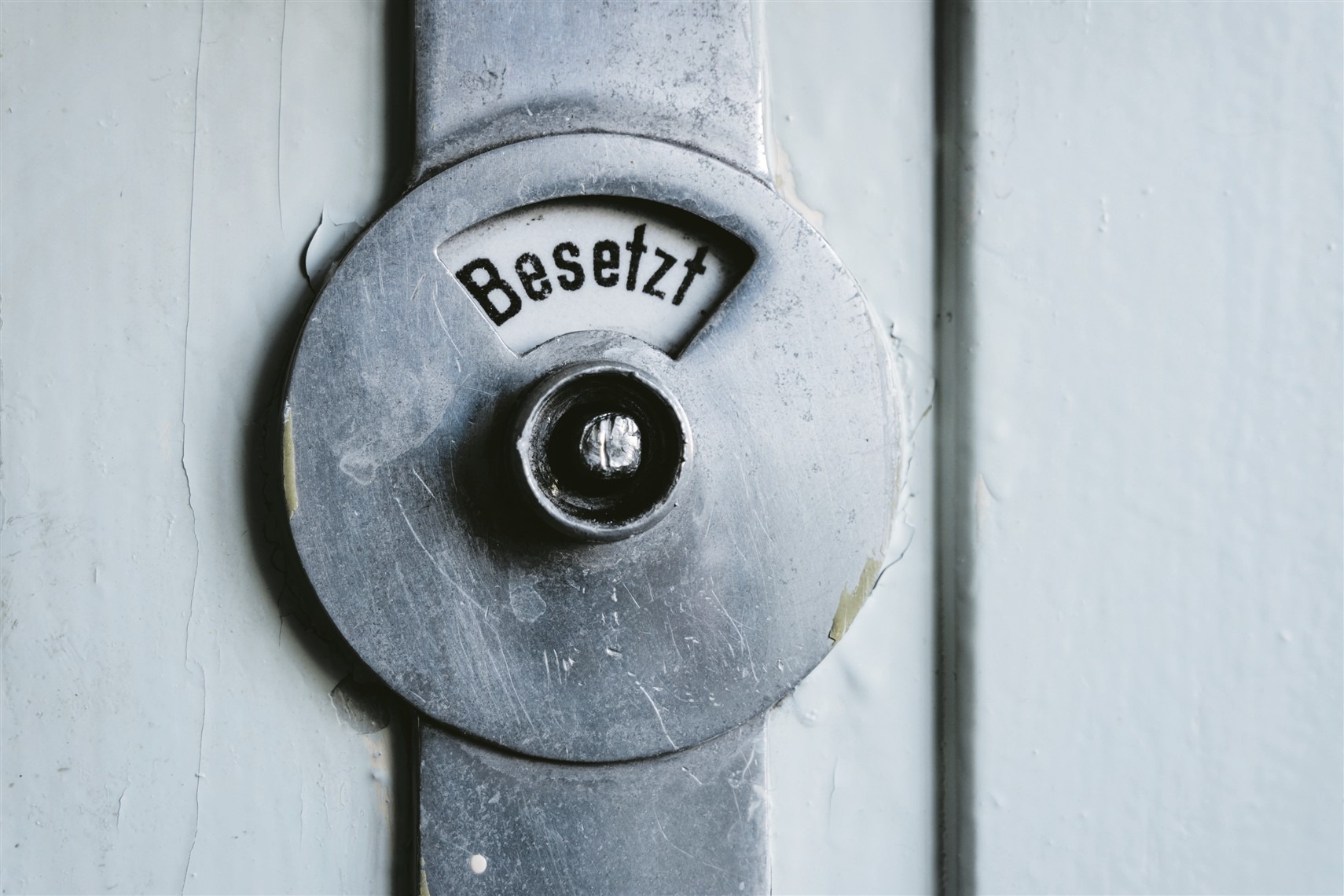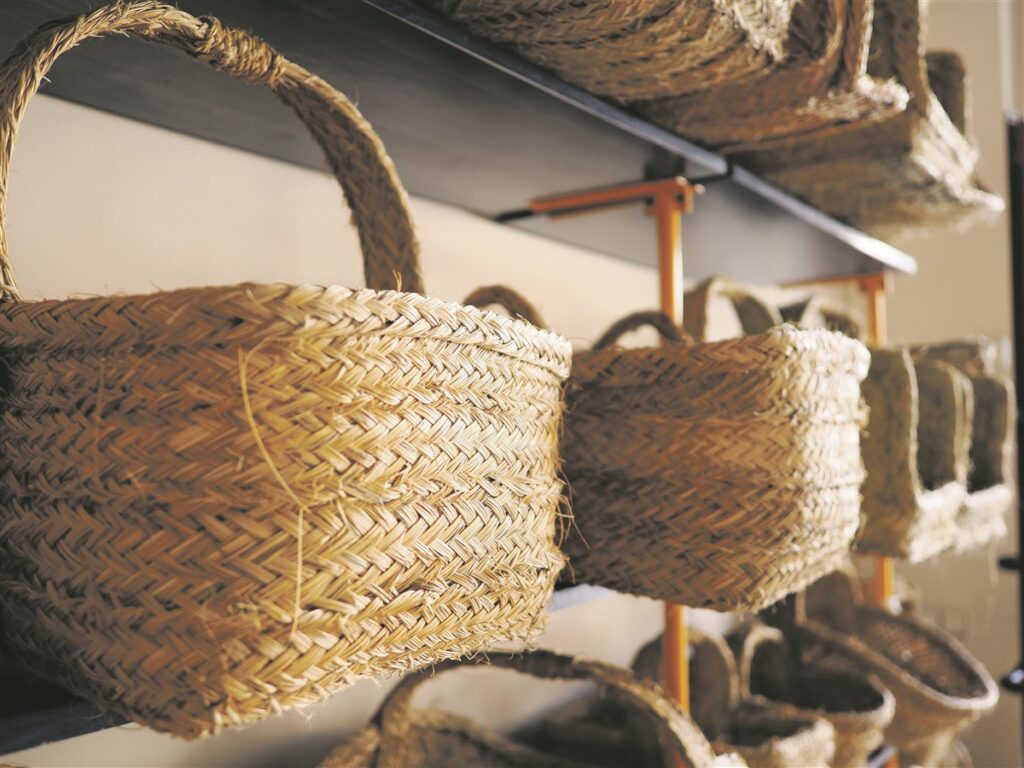
Okupas on the Costa Blanca - New laws, old problems
Okupas on the Costa Blanca - New laws, old problems Squatting remains Spain's coastal problem. Despite new anti-occupancy laws, owners continue to fight


In the shadow of the big themes - wine, oil or chocolate - there are products that may seem less spectacular, but have characterised the everyday lives of people in the Marina Alta and Marina Baixa for centuries: Honey from the Montgó, ceramics from Orba and baskets from Gata de Gorgos. They are not mass-produced goods, but an expression of a culture that thrives on craftsmanship.
Sweet variety from the Montgó and Guadalest
Beekeeping has a long tradition in the Marina Alta. Around the Montgó near Xàbia, family businesses utilise the region's extraordinary variety of plants: thyme and rosemary in spring, orange blossom in early summer, lavender and pine trees later on. This results in honeys with characteristic flavours that are not only sold at markets, but are also appreciated in gastronomy. Miel Montgó is an example of how ancient practices are now combined with modern quality control.
Further south, in the Marina Baixa, the beekeepers of Guadalest have made a name for themselves. Their beehives are located in the protected mountain landscape around the famous valley. This is where organic honeys are produced, which are free from industrial influences and impress with their strong flavour. These honeys are a firm favourite at weekly markets in the region - and are regarded as little treasures by connoisseurs.
Ceramics from Orba - use instead of decoration
While many pottery towns in Spain shone with glazed tiles and decorative jugs, a completely different tradition developed in Orba: the production of everyday ceramics. Water jugs, storage jars, roof tiles - robust, functional pieces, sometimes typical almost white ceramics that were used in every household. This specialisation made Orba a centre for everyday ceramics that was known far beyond the region well into the 20th century. Today, only a few workshops are still in operation, but the tradition lives on - not as a tourist souvenir, but as part of a solid, down-to-earth culture.
Gata de Gorgos - the village of basket weavers
Hardly any other place in the Marina Alta is as closely associated with a craft as Gata de Gorgos. A flourishing basketry industry developed here in the 19th century. Baskets, hats, bags and furniture were woven from palm leaves and esparto grass - products that were once exported to France and Cuba. Whole families lived from this work and the streetscape of the village was characterised by it: baskets were piled up along the main street, woven bags hung and furniture stood in rows - an open-air shop window. Even though the number of businesses is smaller today, Gata is still synonymous with basketry. The workshops that remain combine craftsmanship with modern designs, keeping an old tradition alive.
More than just niche products
Honey, pottery and baskets may not shine as brightly in the limelight as wine or chocolate - but they tell at least as much about the marinas. They show how closely the economy, nature and culture are interwoven, how family businesses have survived over generations and how much of this identity is still visible today. If you want to understand the marinas, you should not only look into the glass or onto the plate, but also into the workshops and markets.

Okupas on the Costa Blanca - New laws, old problems Squatting remains Spain's coastal problem. Despite new anti-occupancy laws, owners continue to fight

Exclusiv Kitchens La Nucia - Kitchens with a concept German quality kitchens, high-quality materials and clear price advantages - a look behind the scenes.

Oliver's Optica - visual pleasure meets style expertise Secure 50% on selected luxury sunglasses now Who says that good vision and great style are the same thing?